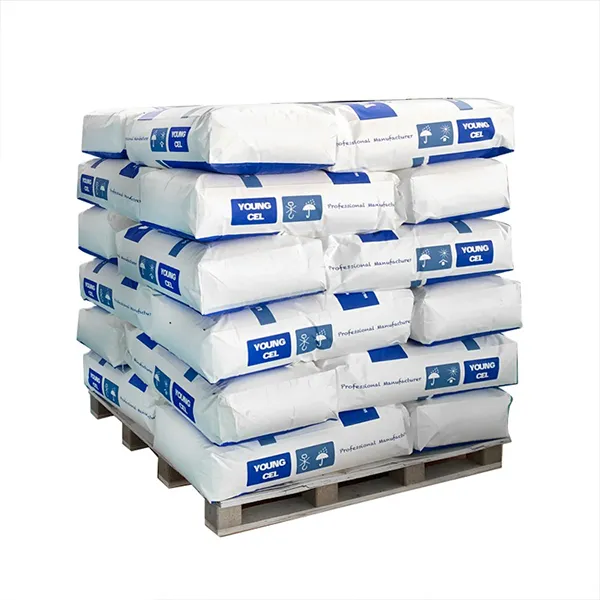Cellulose for Industrial Applications A Versatile and Sustainable Resource
Cellulose, a polysaccharide composed of linear chains of glucose units, is the most abundant organic polymer on Earth. Derived primarily from plant cell walls, it serves as a vital raw material in various industrial applications. Its unique properties, such as biodegradability, biocompatibility, and mechanical strength, render it a versatile resource for a wide range of sectors, including textiles, paper, pharmaceuticals, and food. As industries increasingly seek sustainable alternatives to synthetic materials, cellulose stands out as a renewable resource that aligns with environmental goals.
Cellulose for Industrial Applications A Versatile and Sustainable Resource
In the textile industry, cellulose fibers such as cotton, rayon, and lyocell are increasingly favored for their natural comfort, breathability, and biodegradability. The use of cellulose-based textiles is particularly appealing in the face of growing consumer demand for sustainable fashion. Innovations in the processing of cellulose fibers, such as the lyocell process, reduce water and chemical consumption and yield fibers that are strong and soft, making them desirable for a myriad of clothing applications. As awareness of the environmental impact of synthetic fabrics rises, cellulose fibers are poised to take center stage in creating eco-friendly textiles.
cellulose for industrial

Cellulose also plays a critical role in the pharmaceutical industry. Its derivatives, such as microcrystalline cellulose and carboxymethyl cellulose, are widely used as excipients in tablet formulations, providing essential properties such as binding, thickening, and stabilizing. As an inert substance, cellulose ensures that drugs maintain their efficacy while improving patient compliance through better dosage forms. Furthermore, because cellulose is biodegradable and biocompatible, it is being examined for applications in controlled drug release and regenerative medicine, where its natural properties can support tissue regeneration.
In the food industry, cellulose is utilized as a food additive for its thickening, stabilizing, and emulsifying properties. As a source of dietary fiber, cellulose contributes to healthier food formulations, catering to the growing consumer preference for functional foods that promote digestive health. Its role in food texture and consistency makes it an essential ingredient in various products, from sauces to baked goods.
Beyond these applications, researchers are continuously exploring new uses for cellulose, including biofuels, nanomaterials, and packaging solutions. The development of nanocellulose, which exhibits remarkable strength and lightweight properties, demonstrates the potential for creating advanced materials that could revolutionize multiple industries, particularly in creating sustainable packaging that degrades naturally.
In conclusion, cellulose is a remarkable biopolymer with wide-ranging industrial applications. Its abundance, renewability, and environmentally friendly characteristics make it an ideal choice for industries striving to minimize their ecological footprint. As technological advancements continue to unlock new possibilities for cellulose use, its role in fostering sustainable practices across various sectors will undoubtedly grow, paving the way for a more sustainable future.






